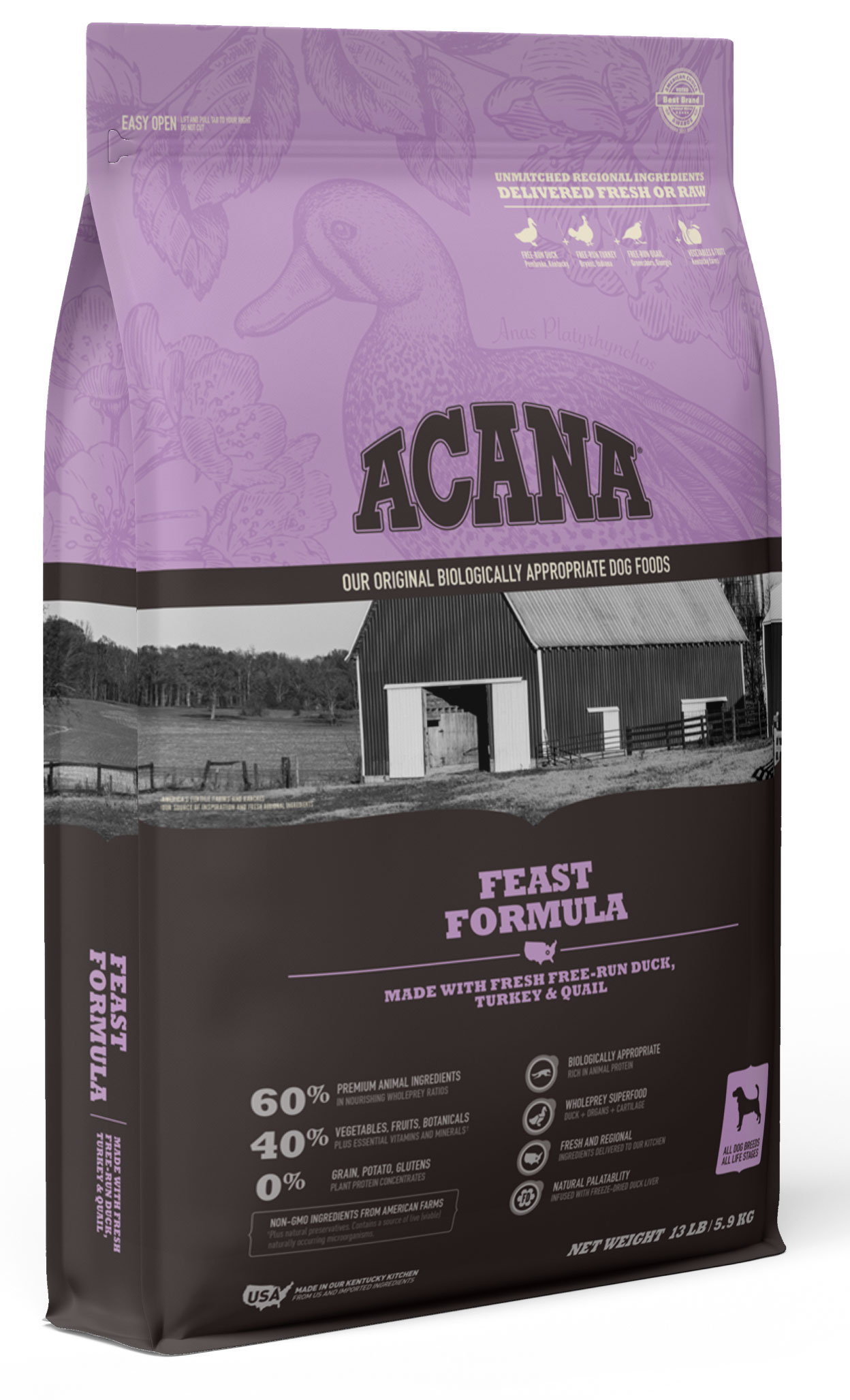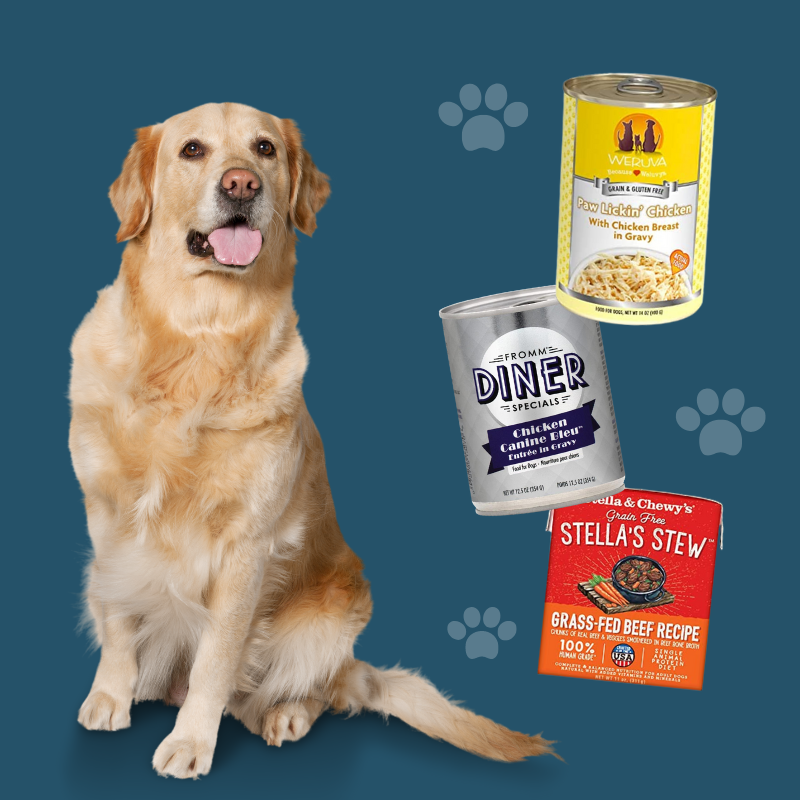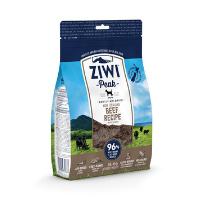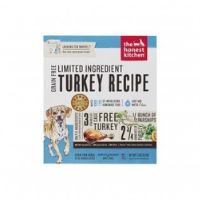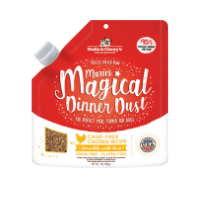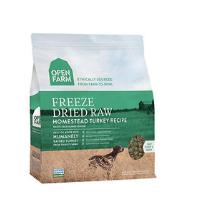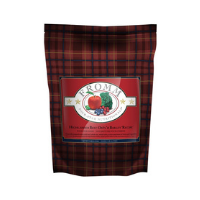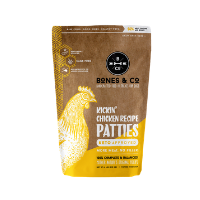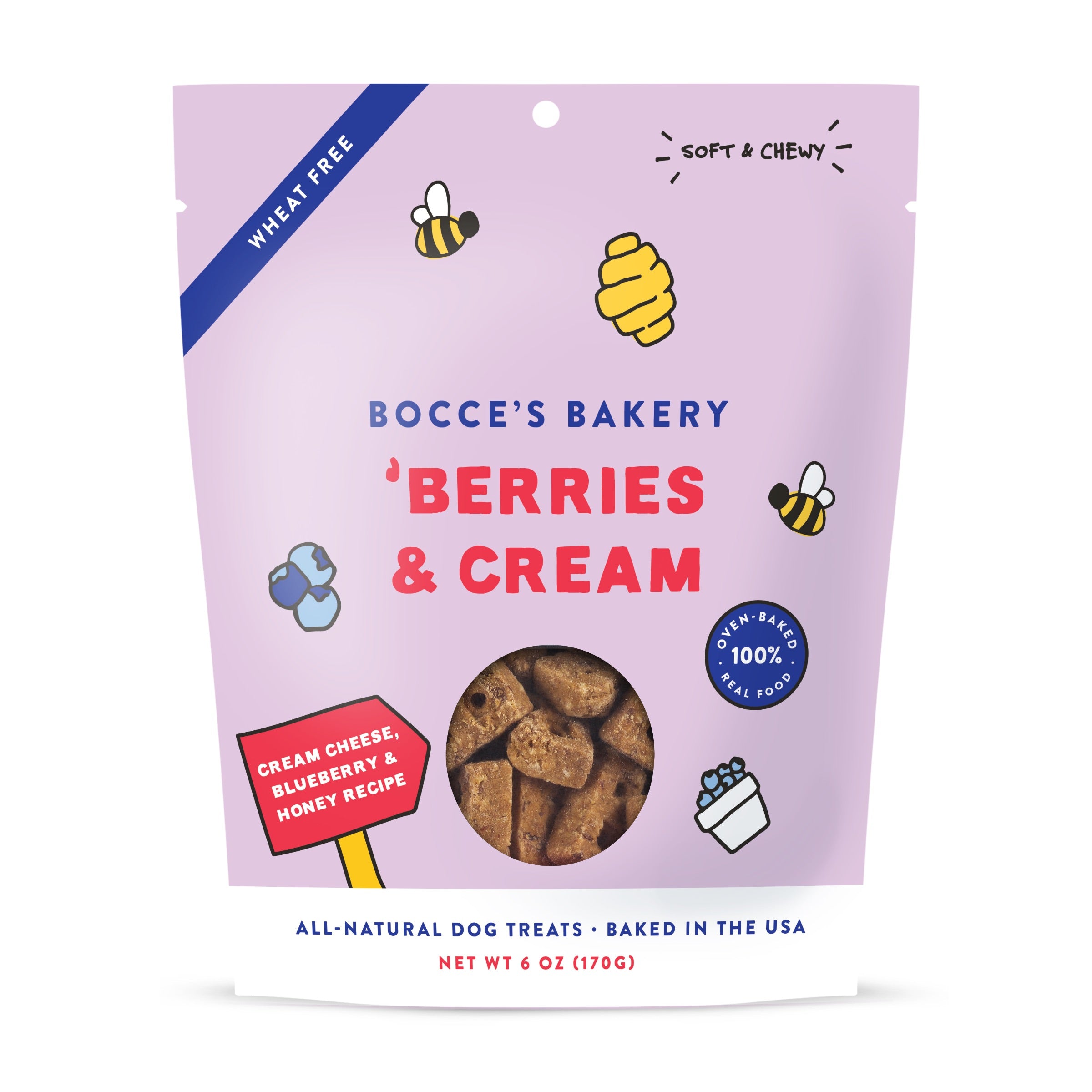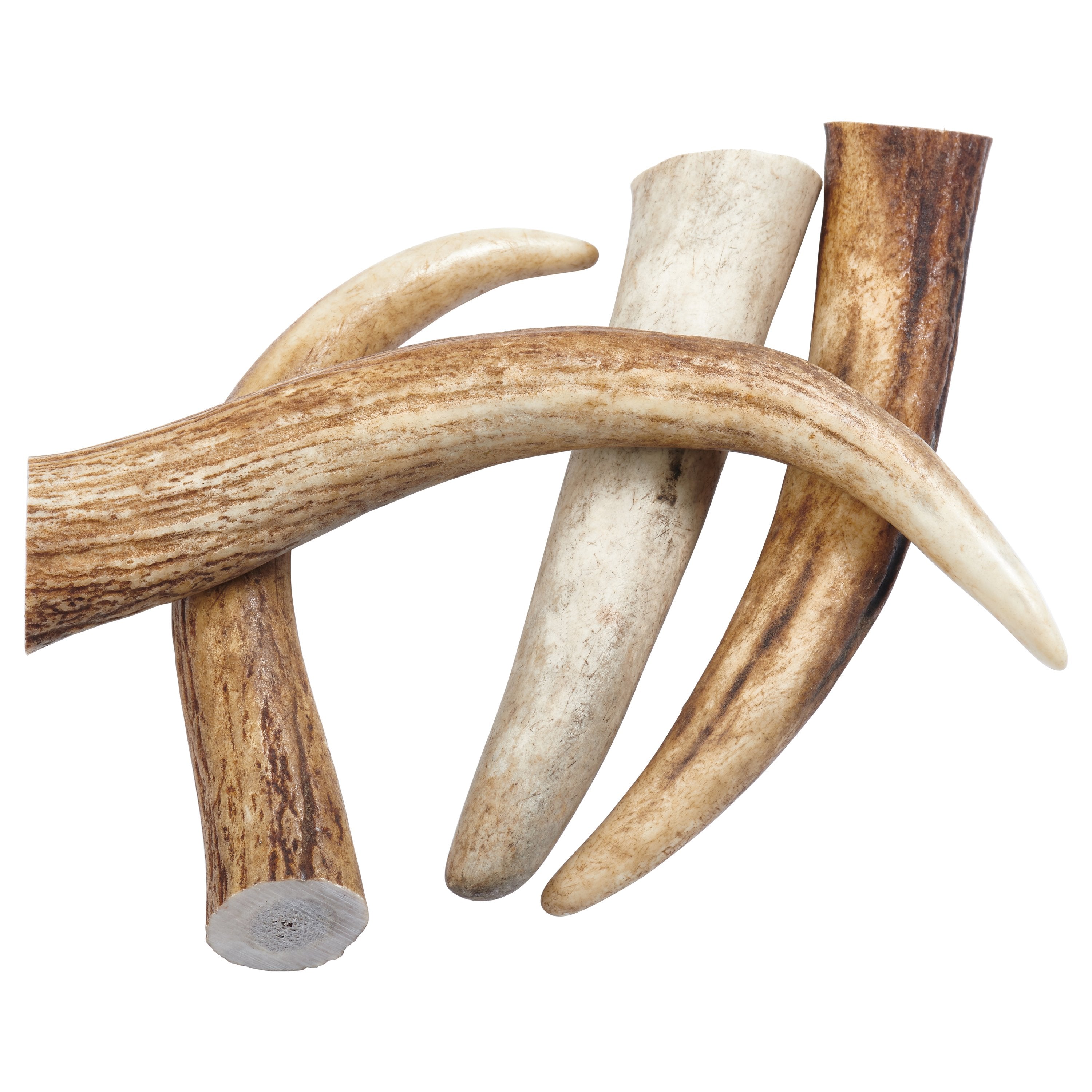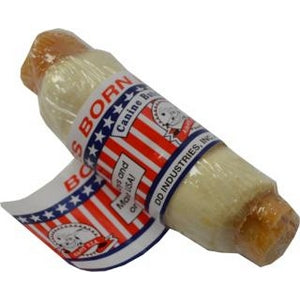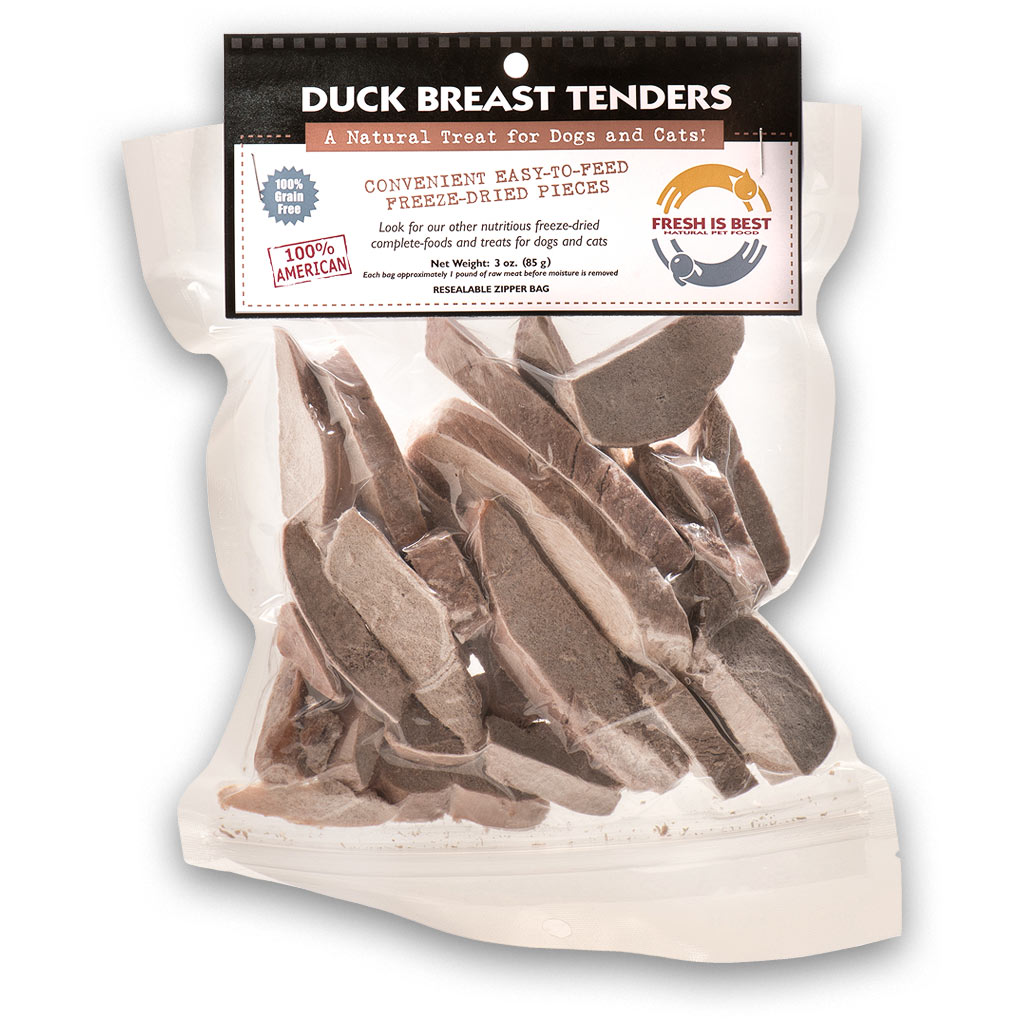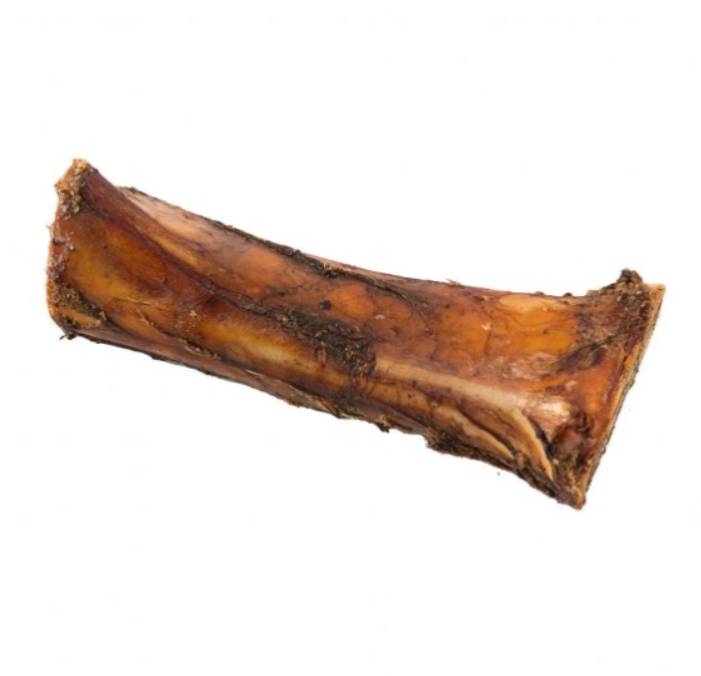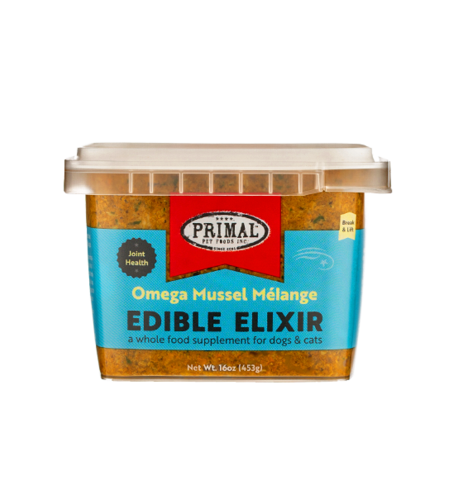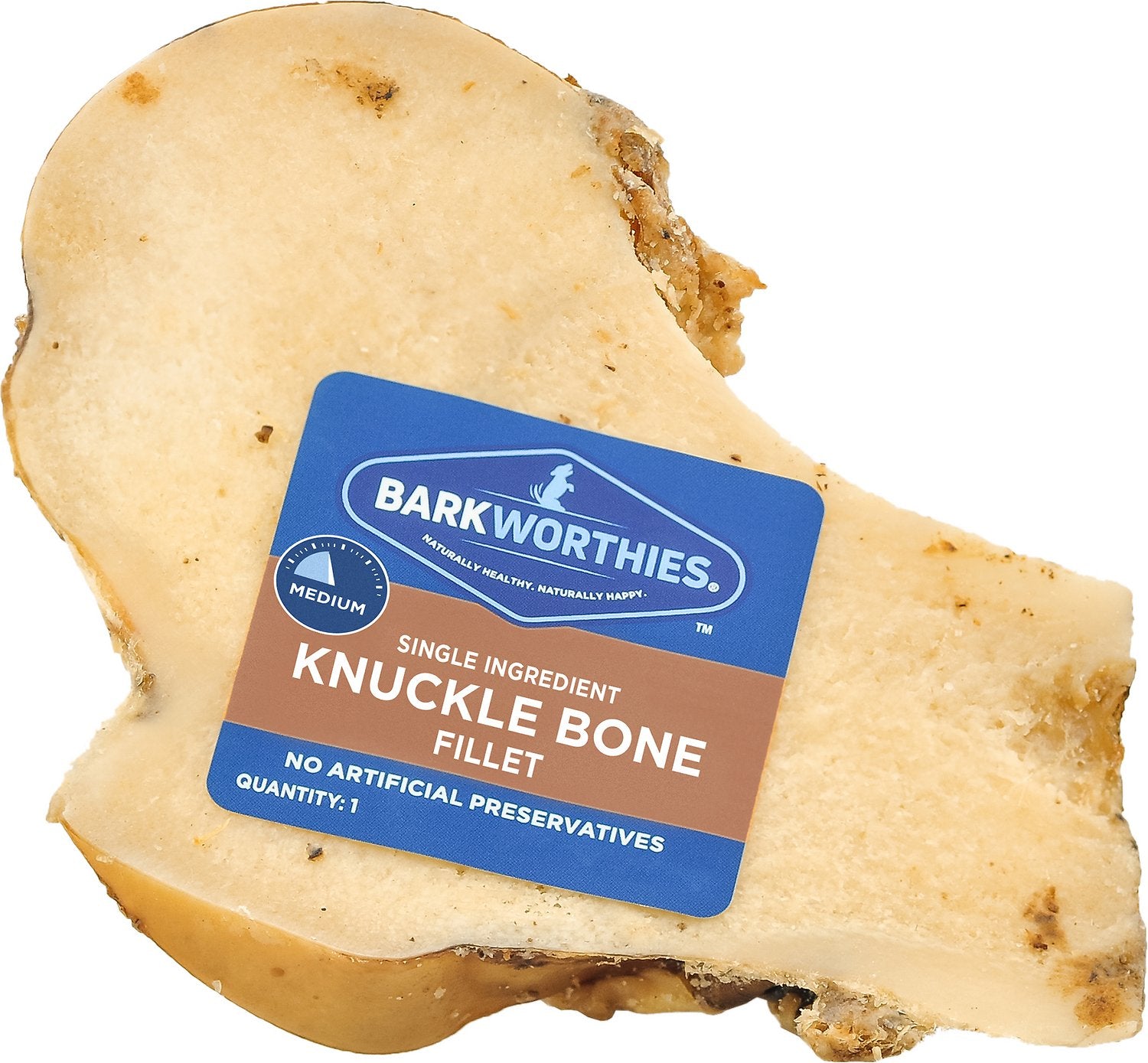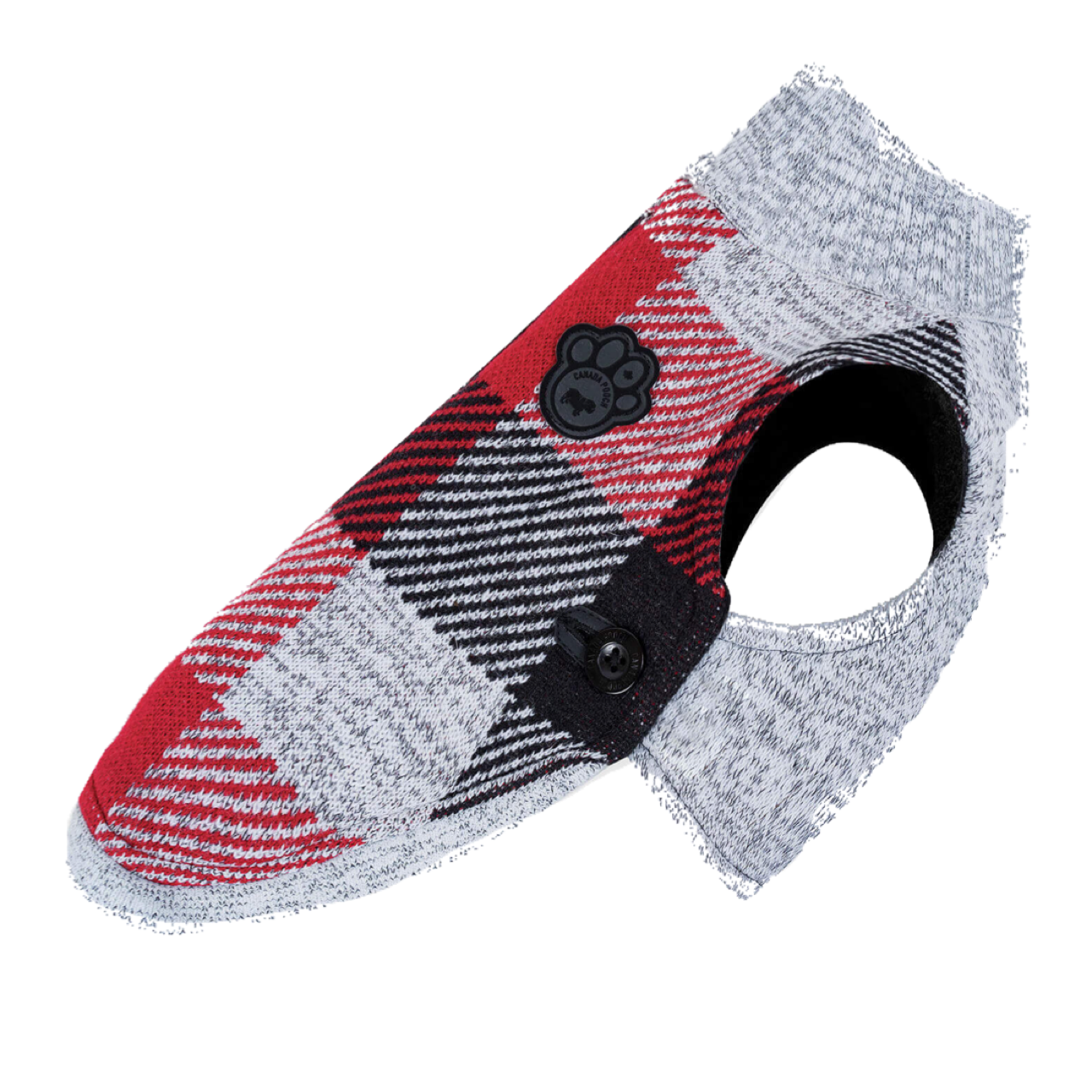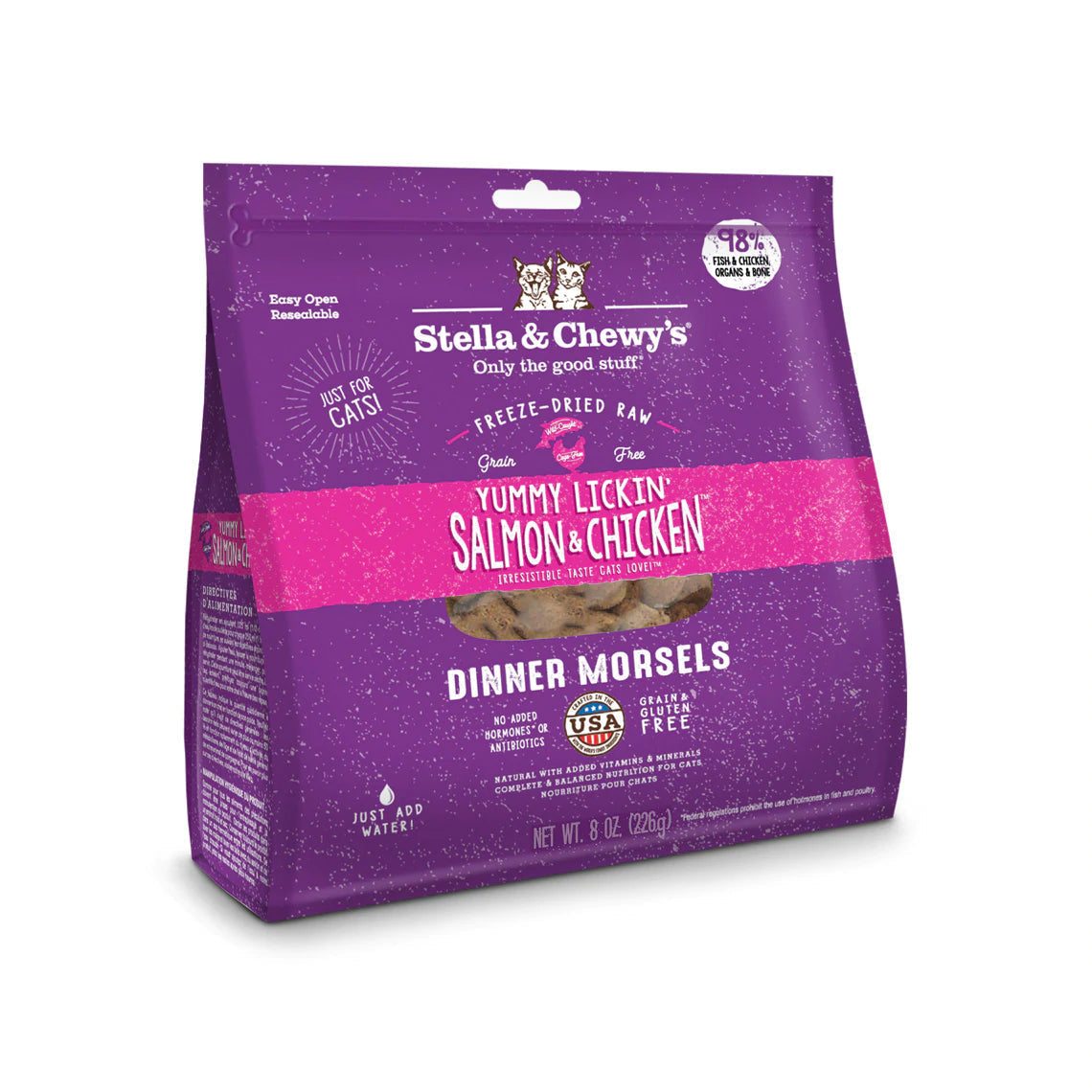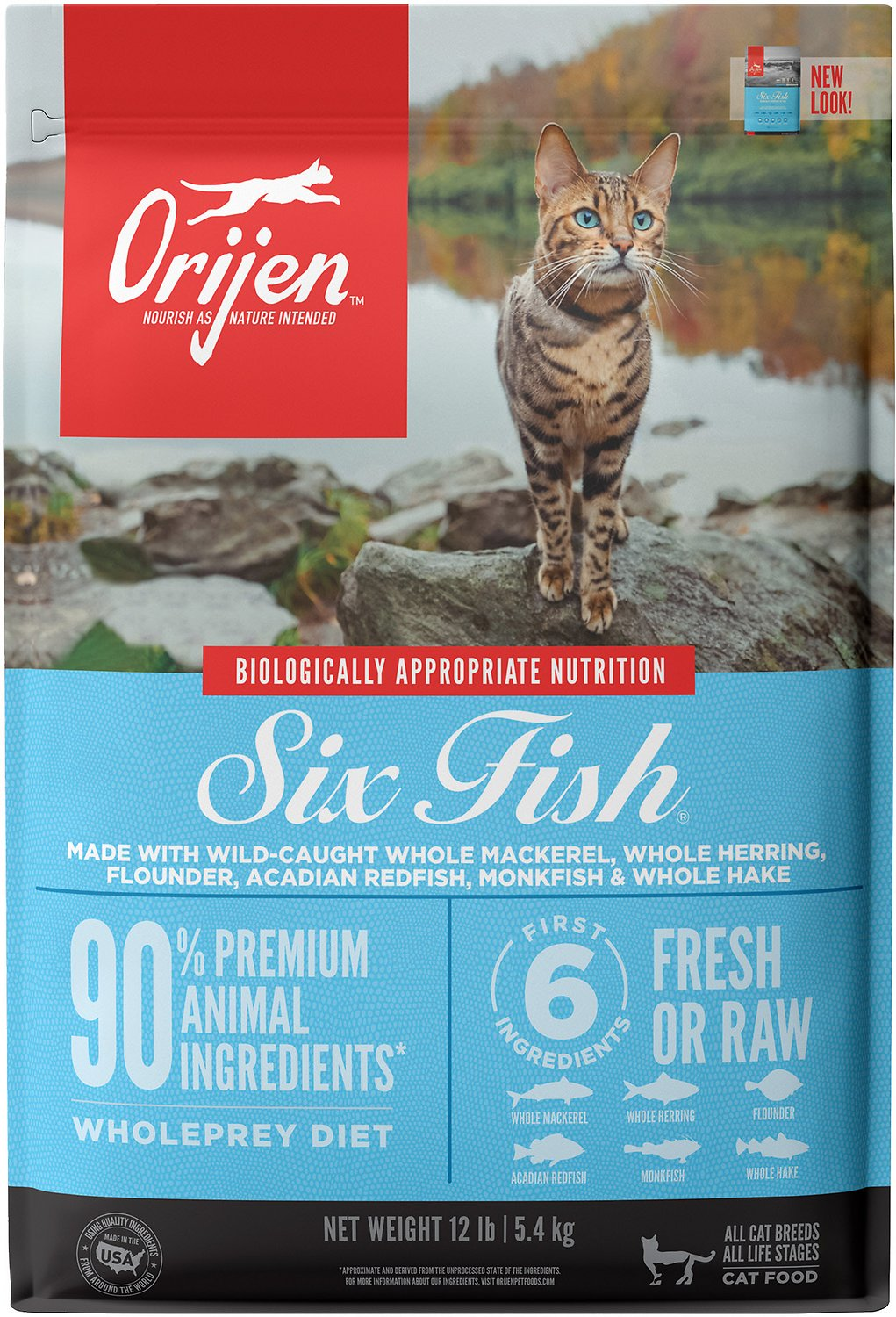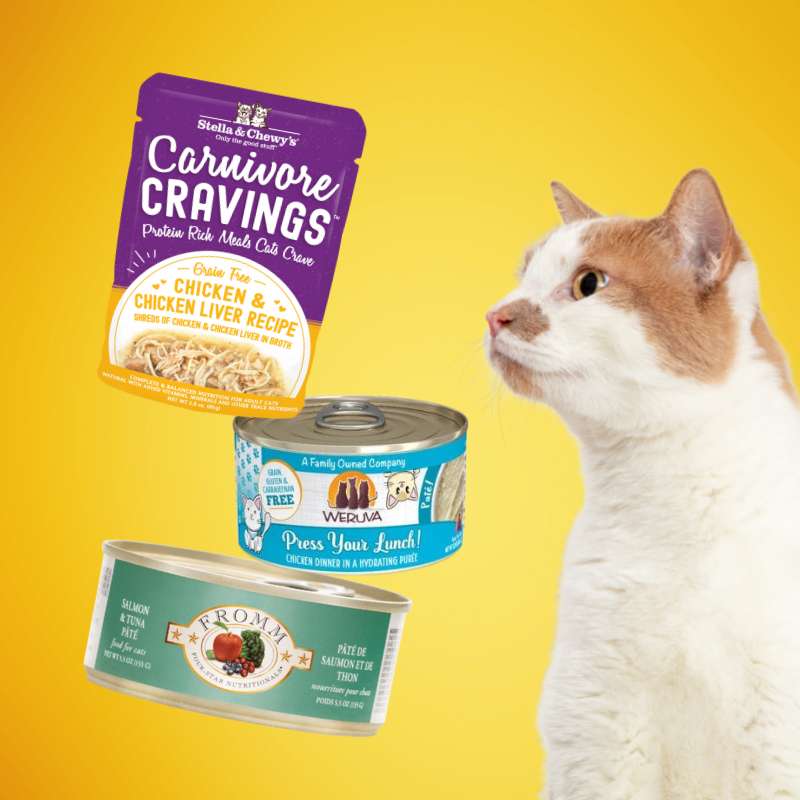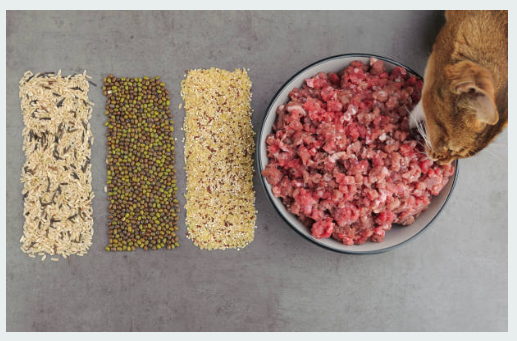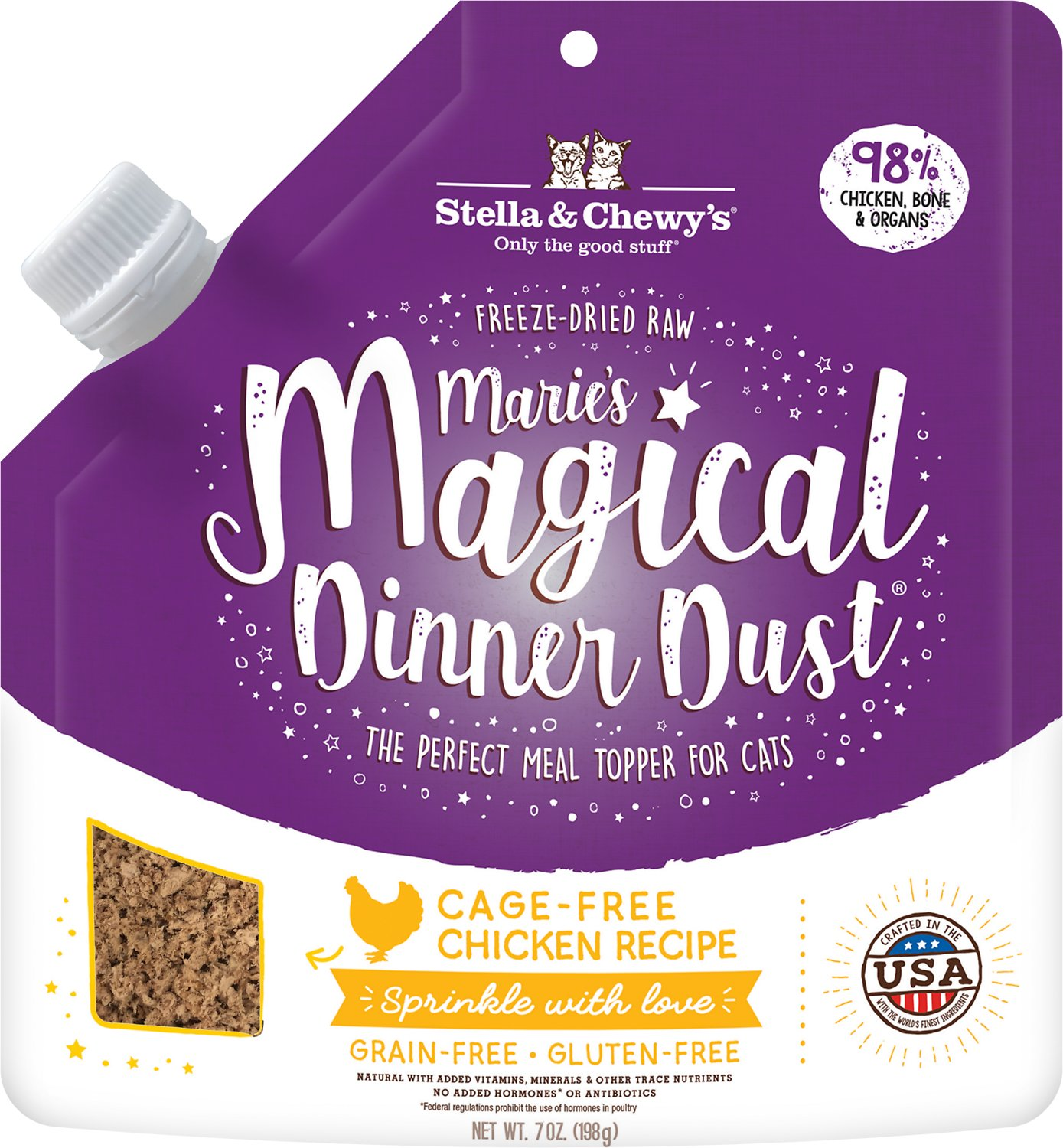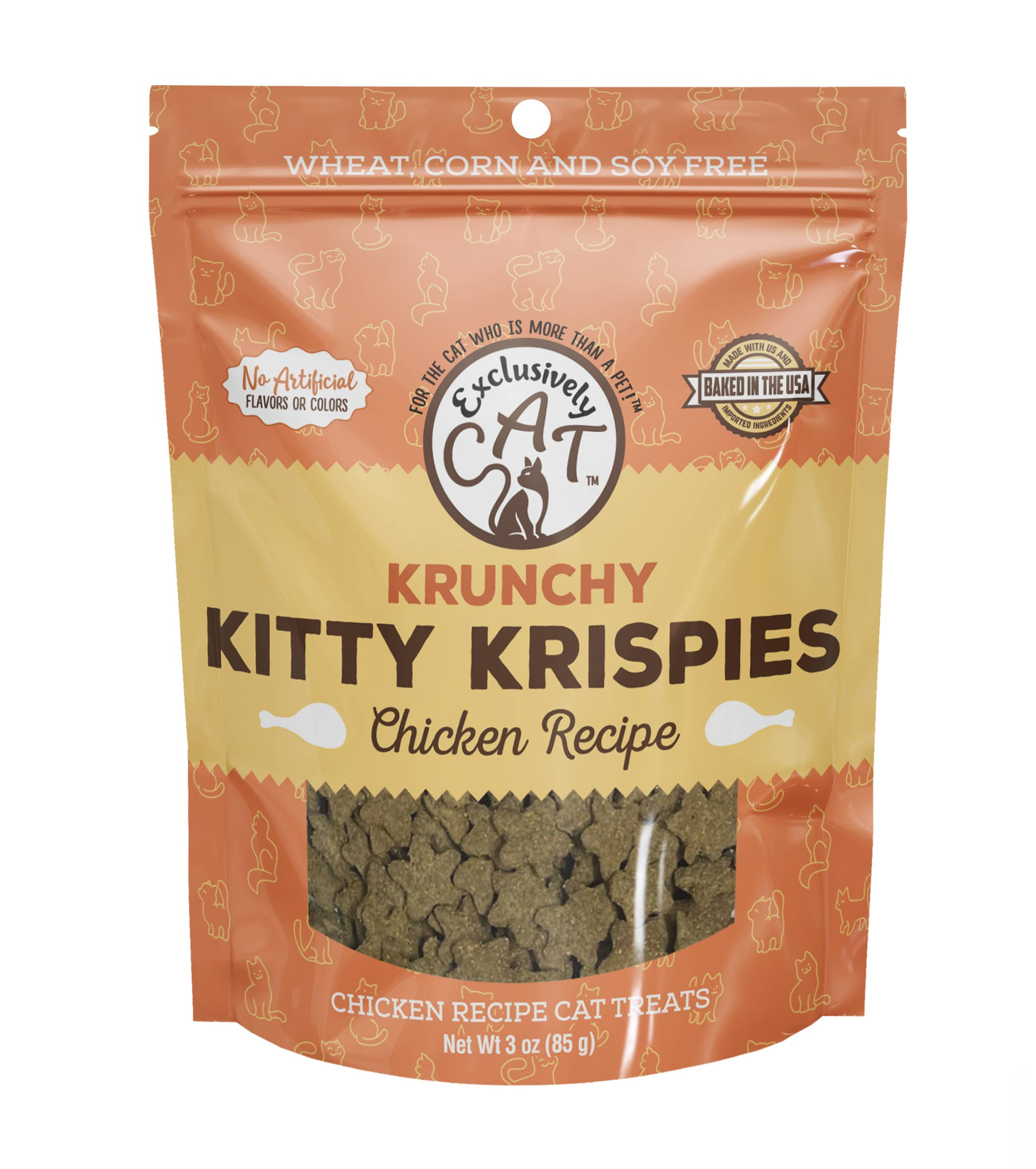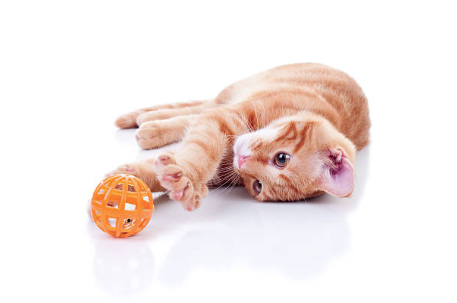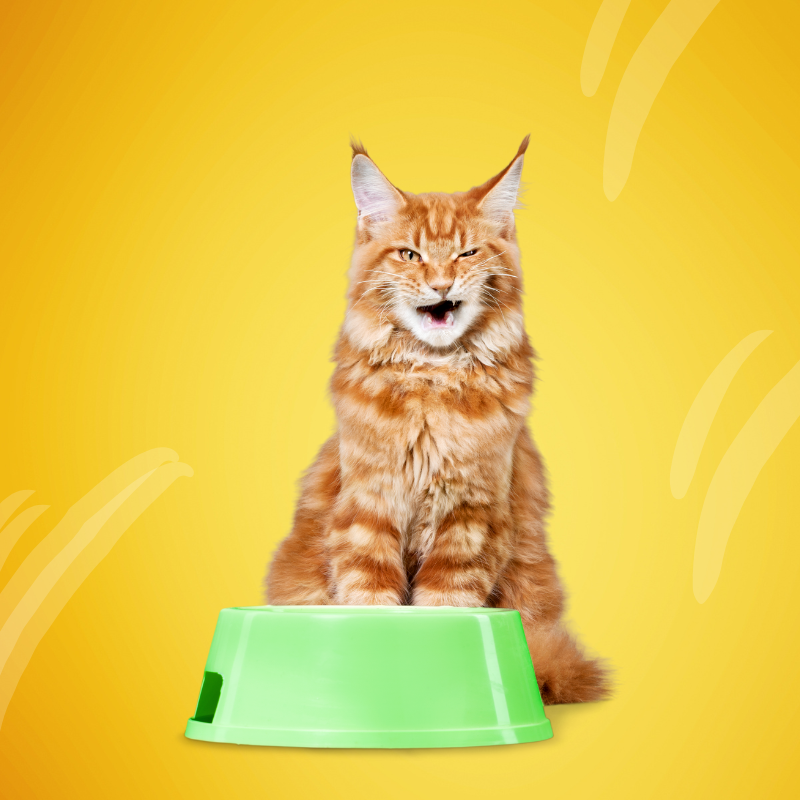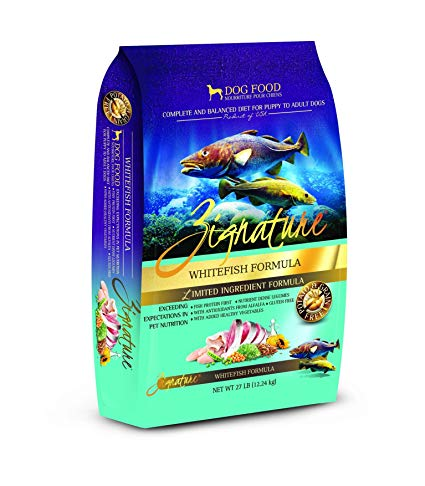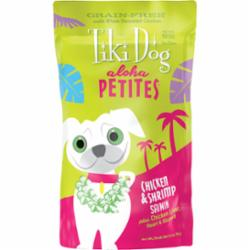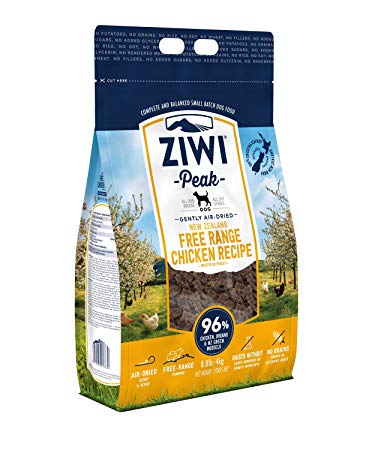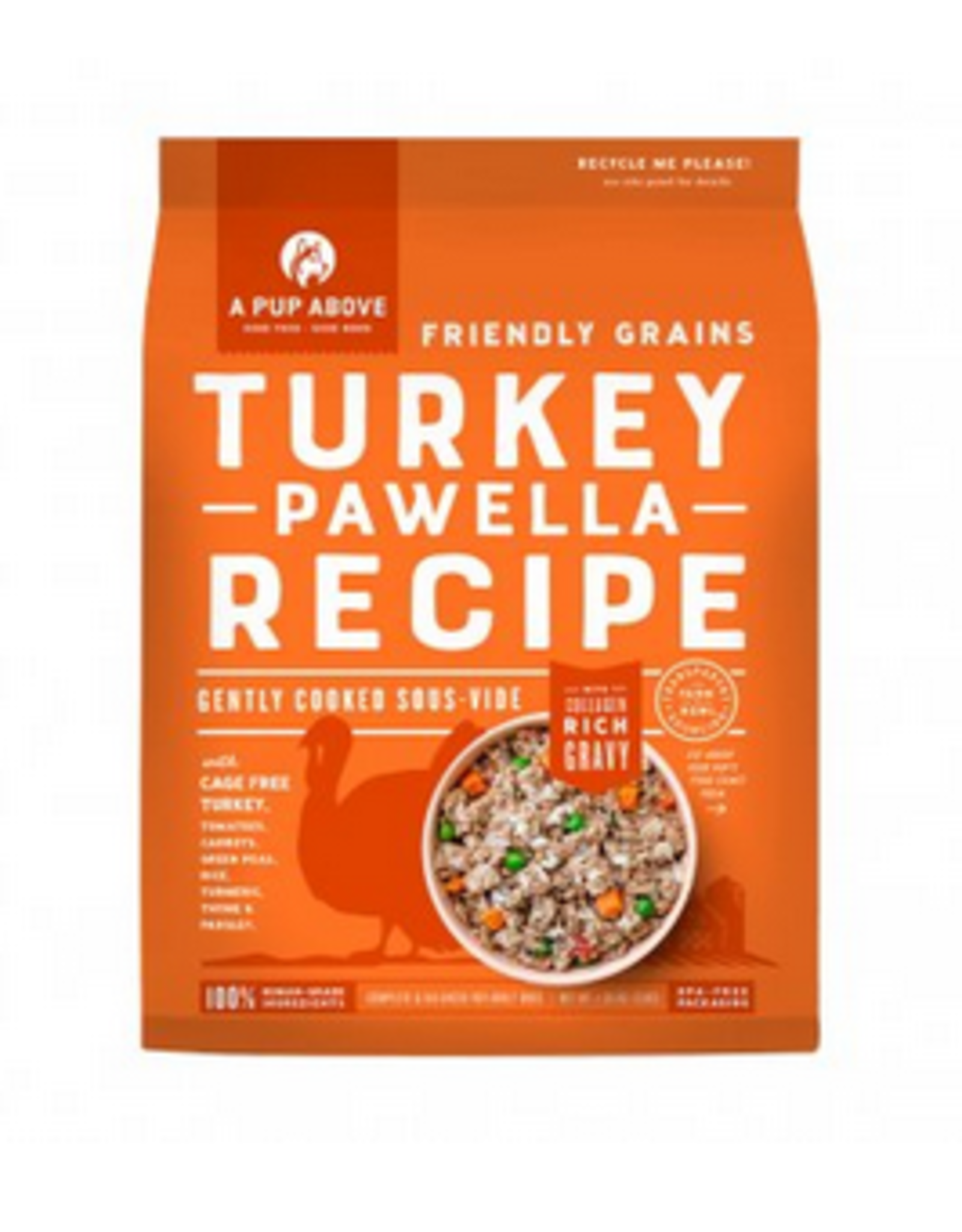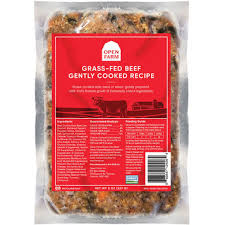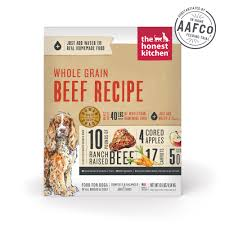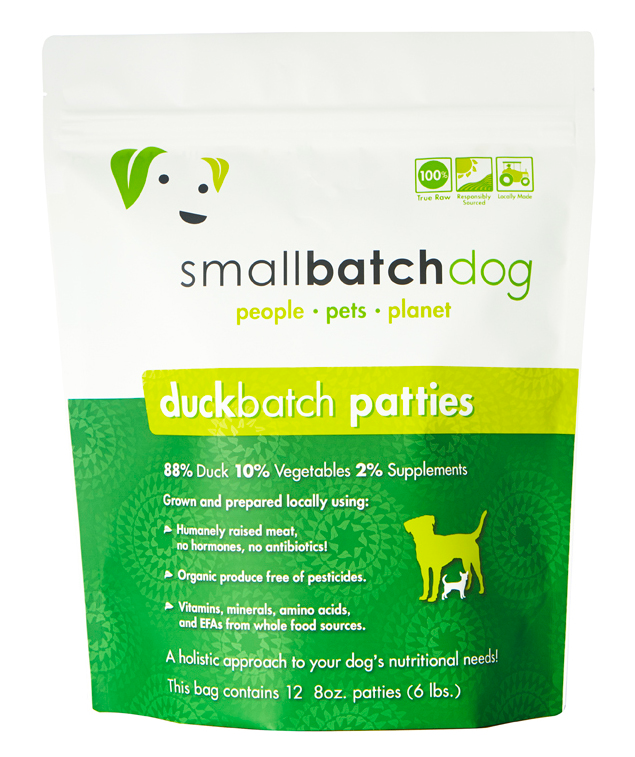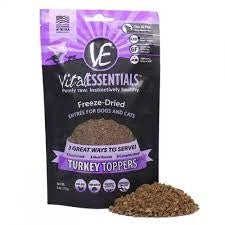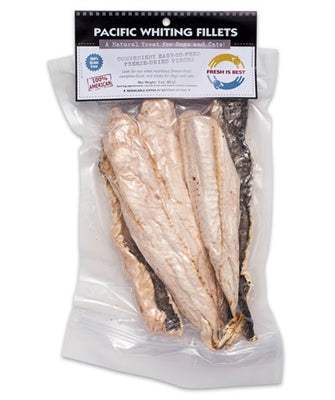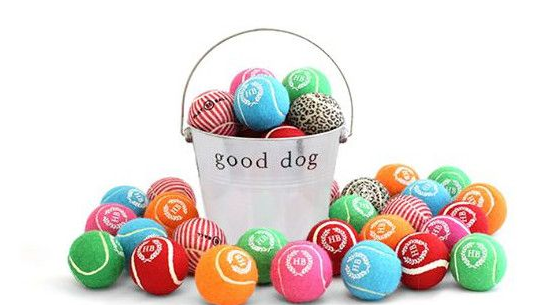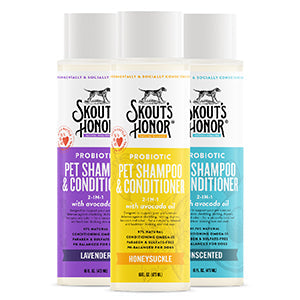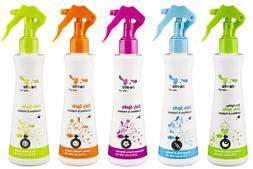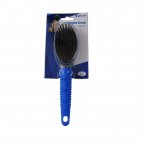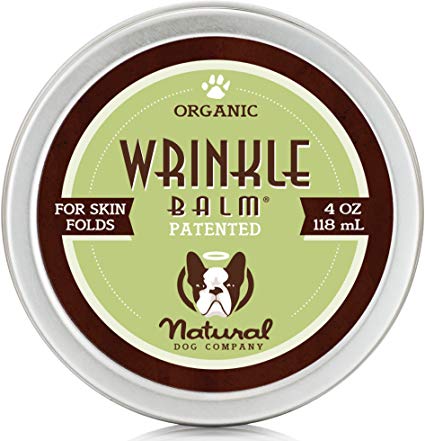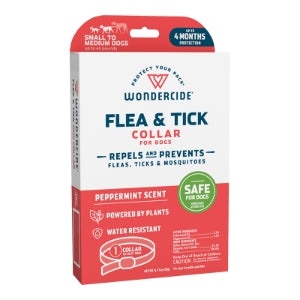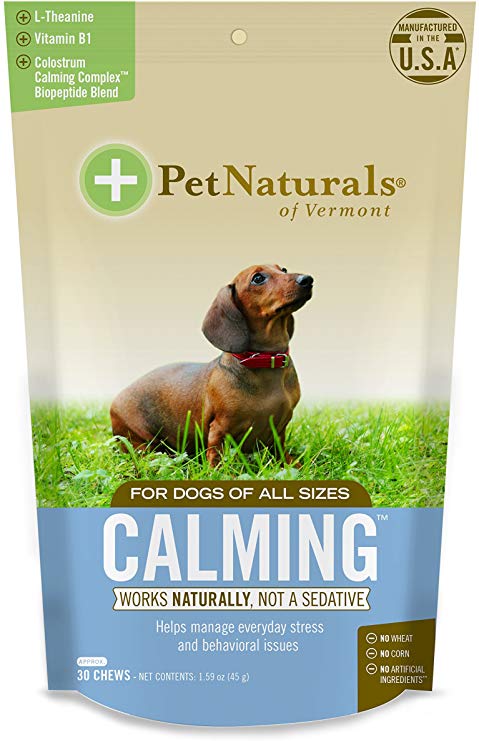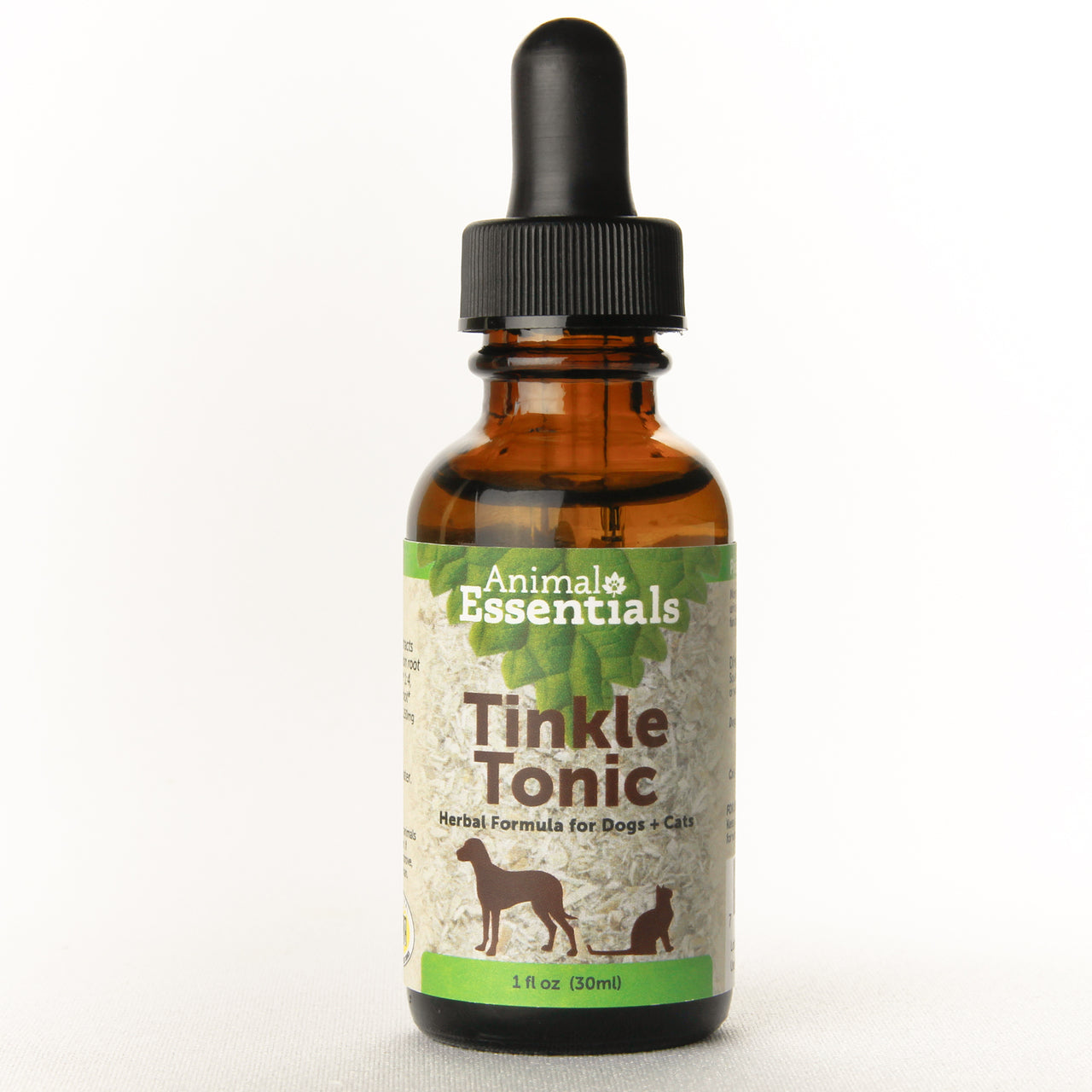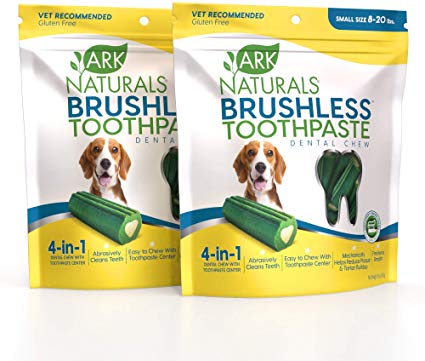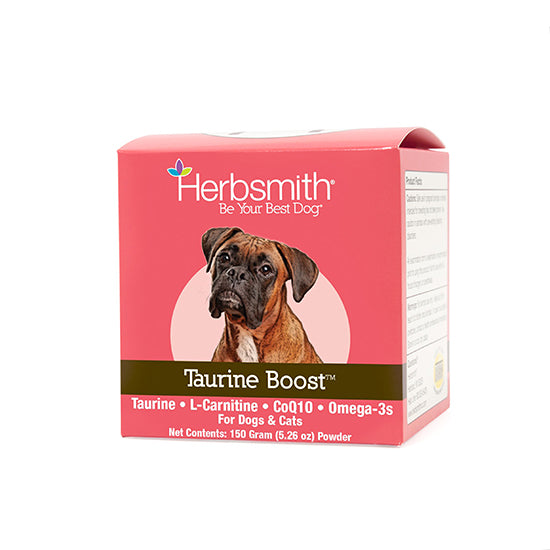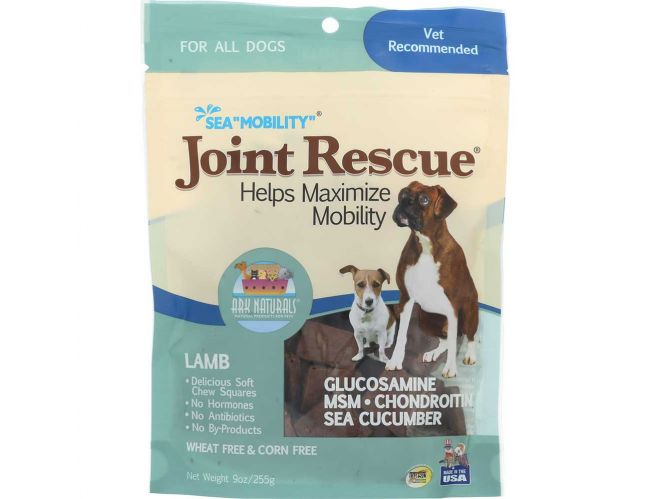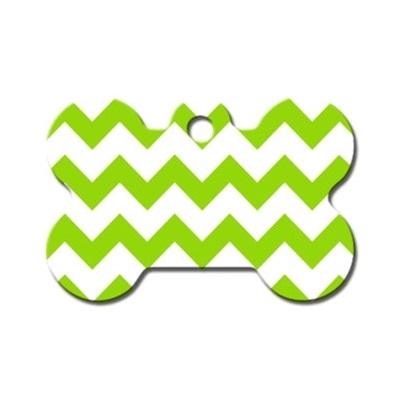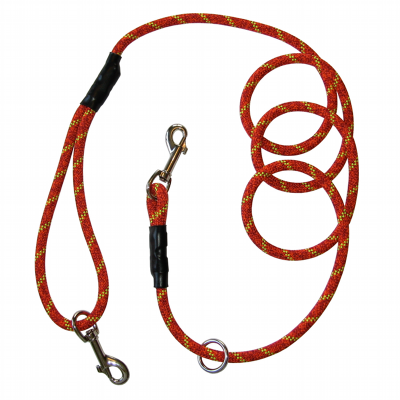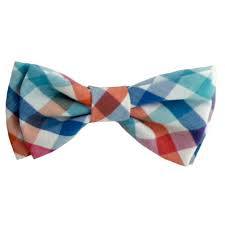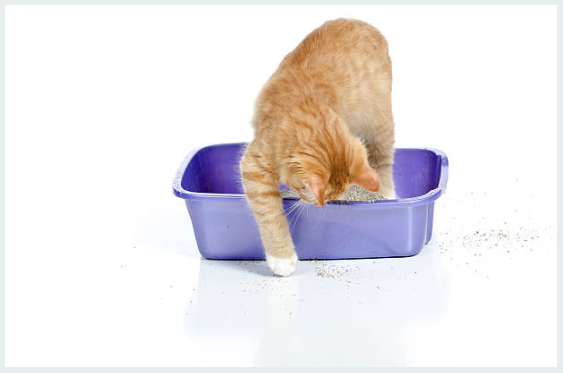Frequently Asked Questions
1. What are the essential nutrients needed for pet nutrition?
2. Is a grain-free diet always better for pets?
3. Do pets self-regulate their food intake?
4. Are all human foods harmful to pets?
5. Should pets take dietary supplements?
Taking care of our beloved pets involves so much more than just providing a warm bed and regular vet visits. One of the most crucial elements of pet care is nutrition. Unfortunately, misinformation abounds when it comes to what, when, and how to feed our furry friends. In this blog post, we will demystify some of the most common myths about pet nutrition, ensuring you have the right information to keep your pet healthy and thriving.
The Basics of Pet Nutrition
Understanding the nutritional needs of pets is essential for their well-being. Just like humans, pets require a balanced diet that includes proteins, carbohydrates, fats, vitamins, and minerals. The right balance will help maintain their health, prevent diseases, and ensure a long and happy life. Before we delve deep into debunking myths, let’s look at the primary components of pet nutrition.
Essential Nutrients
The key components of a pet's diet include:
- Proteins: Essential for growth and repair.
- Fats: Important for energy and cell structure.
- Carbohydrates: A source of energy and dietary fiber.
- Vitamins: Necessary for various biochemical functions.
- Minerals: Crucial for bone formation and metabolic processes.
With this foundational knowledge, let’s explore the myths that often cloud our judgment in pet care.
Myth #1: Grain-Free Diets Are Always Better
One of the most prevalent myths in pet nutrition is that a grain-free diet is automatically healthier for pets. Many pet owners believe that grains cause allergies and are fillers that should be avoided. While it’s true that some pets have specific grain allergies, grains such as brown rice and quinoa can provide beneficial nutrients and fiber.
In fact, the concept of a grain-free diet gained popularity primarily due to marketing, not medical evidence. Most healthy pets can digest grains without any issues. Before switching to a grain-free diet, it is essential to consult with a veterinarian who can provide guidance tailored to your pet's specific needs.
Myth #2: Dogs Are Carnivores, Cats Are Herbivores
This common misconception stems from the idea that the ancestors of dogs and cats exclusively ate meat or plants. While dogs are omnivores and can thrive on a balanced diet of meat and plant foods, cats are obligate carnivores, meaning they require meat to meet their nutritional needs. However, even though cats need higher protein levels, they also benefit from certain vitamins and nutrients found in plants.
A proper understanding of your pet’s dietary requirements is crucial in designing a diet that keeps them healthy and energetic. Therefore, it’s important to have a balanced approach incorporating various nutrient sources.
Myth #3: Raw Diets Are the Best Option
Raw diets have gained popularity, especially among pet enthusiasts advocating for a natural feeding philosophy. However, while some pets may thrive on raw meat diets, they can also pose significant risks, including bacterial infections and nutritional imbalances. Raw meat can be a breeding ground for harmful bacteria like Salmonella and E. coli.
Veterinary nutritionists often recommend commercial pet foods that are properly formulated to ensure balanced nutrition and safety. If you are considering a raw diet for your pet, it’s essential to consult a veterinarian closely to ensure it meets all nutritional needs and minimizes health risks.
Myth #4: Pets Will Stop Eating When They're Full
Many pet owners believe that pets will self-regulate their food intake based on hunger cues. However, cats and dogs often don’t have the same sense of satiety as humans. Pets can overeat, especially if food is readily available, which can lead to obesity and related health issues.
When feeding your pet, it’s vital to measure their food according to the guidelines provided on pet food packaging or recommendations from your veterinarian. Establishing strict feeding schedules and limiting treats can help control portion sizes and maintain a healthy weight.
Myth #5: All Human Food Is Bad for Pets
While some human foods can be harmful or toxic to pets (such as chocolate, grapes, and onions), others can actually be beneficial when given in moderation. For example, many fruits and vegetables, like carrots, blueberries, and pumpkin, can be healthy snacks for pets. However, it’s crucial to do your research to ensure any food you consider is safe for your pet.
Always consult your vet before introducing new foods into your pet’s diet, as it’s important to know which human foods are appropriate and which should be avoided. This vigilance can help you provide varied and nutritious options for your fur baby without compromising their health.
Myth #6: All Pets Require Supplements
Pet owners often believe that all pets require dietary supplements to ensure their well-being. While some pets may benefit from specific vitamins or minerals due to certain health conditions or dietary restrictions, excessive supplementation can lead to toxicity and health complications.
Most high-quality commercial pet foods provide adequate nutrition for pets, and many veterinarians recommend avoiding additional supplements unless there’s a clear need. A balanced diet typically covers all essential nutrients pets require. If you have concerns about your pet's diet, a vet can help evaluate their needs and make appropriate suggestions.
Myth #7: You Can Feed Pets the Same Food Their Whole Life
Another widespread myth is that once you find a food your pet likes, you should stick with it for life. However, as pets age, their nutritional needs evolve. Puppies and kittens, for example, require different nutrition compared to adult or senior pets. Feeding a complete and balanced diet designed for your pet’s life stage is crucial.
Changes in lifestyle, energy levels, and any existing health issues should also be taken into account. Regular vet check-ups can help monitor your pet's changing needs and recommend suitable dietary adjustments accordingly.
Myth #8: Vet Recommendations Are Just for Selling Food
Some pet owners are skeptical of vet recommendations, believing that veterinarians push specific brands to make a profit. In reality, veterinarians are trained professionals who understand animal health and nutrition. They often suggest premium brands to ensure pets receive the best nutrients possible.
Having open and honest conversations with your vet about their recommendations is essential. As a pet parent, you should prioritize your pet’s health above all else. Being informed about your vet's guidance can empower you to make educated decisions regarding your pet's diet.
Myth #9: Homemade Diets are Always Healthier
While homemade diets can be tailored to suit pets’ tastes and allergies, they can also lead to nutritional deficiencies if not done properly. Many pet owners lack the knowledge to create a balanced diet, potentially compromising their pets' health. Formulating a complete and balanced homemade diet requires a deep understanding of pets' nutritional needs.
Before switching to a homemade diet, pet owners should discuss their options with a veterinarian or a veterinary nutritionist to prevent deficiencies and ensure that proper nutrients are included. Most veterinary professionals will guide pet owners through this process and help create a satisfactory plan.
Embracing Informed Choices for Your Pet's Nutrition
As we’ve explored in this blog, misconceptions about pet nutrition can lead to major pitfalls in providing the very best for your beloved animal companions. By debunking these myths, our goal has been to empower you to make informed decisions about your pet's diet. A balanced, nutritious diet not only supports your pet’s health but also contributes to their joy and longevity.
It's always best to stay open-minded and research any claims regarding pet nutrition. Consult with professionals and keep the dialogue flowing. By combining your knowledge and the expertise of veterinarians, you can cultivate a healthy diet that fits your pet’s needs perfectly. So set aside the myths and embrace the facts for a happier, healthier life for your furry friend!


